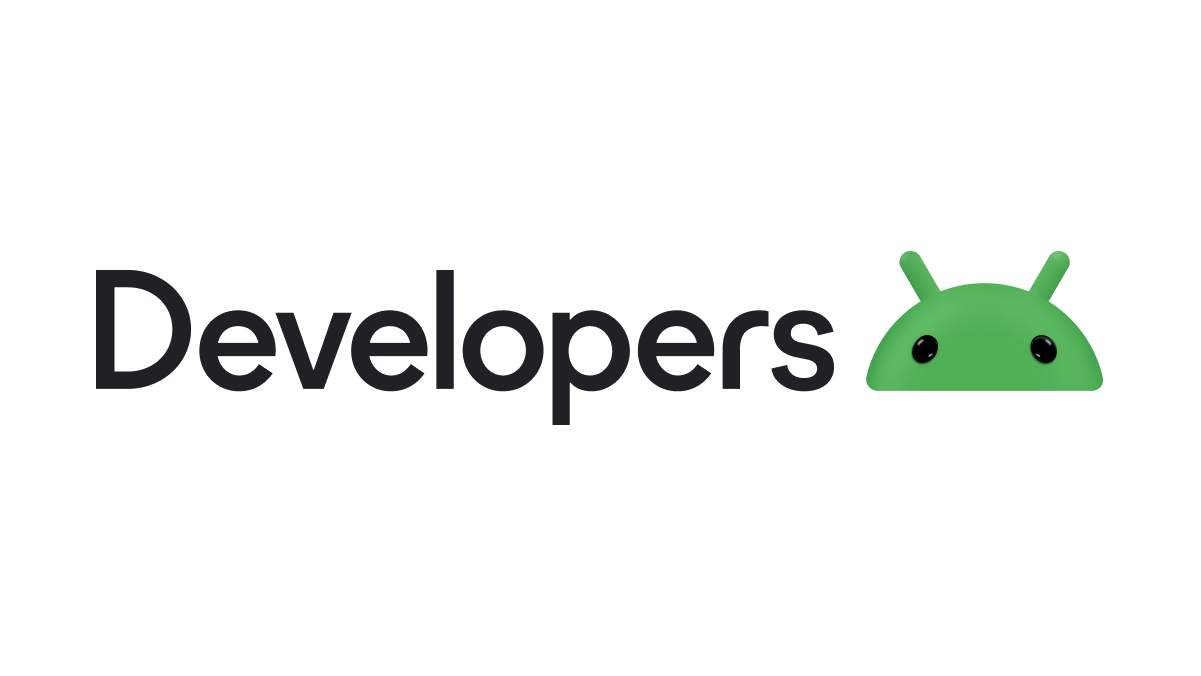***** and Kiwi Farms Sue the UK Over its Age Verification Law
Avoiding paywall and auto censor
***** and Kiwi Farms sued the United Kingdom’s Office of Communications (Ofcom) over its age verification law in U.S. federal court Wednesday, fulfilling a promise it announced on August 23. In the lawsuit, ***** and Kiwi Farms claim that threats and fines they have received from Ofcom “constitute foreign judgments that would restrict speech under U.S. law.”
Both entities say in the lawsuit that they are wholly based in the U.S. and that they do not have any operations in the United Kingdom and are therefore not subject to local laws. Ofcom’s attempts to fine and block ***** and Kiwi Farms, and the lawsuit against Ofcom, highlight the messiness involved with trying to restrict access to specific websites or to force companies to comply with age verification laws.
The lawsuit calls Ofcom an “industry-funded global censorship bureau.”
“Ofcom’s ambitions are to regulate Internet communications for the entire world, regardless of where these websites are based or whether they have any connection to the UK,” the lawsuit states. “On its website, Ofcom states that ‘over 100,000 online services are likely to be in scope of the Online Safety Act—from the largest social media platforms to the smallest community forum.’”
Both ***** and Kiwi Farms are notorious online communities that are infamous for their largely anything-goes attitude. Users of both forums have been tied to various doxing and harassment campaigns over the years. Still, they have now become the entities fighting the hardest against the UK’s disastrous Online Safety Act, which requires websites and social media platforms to perform invasive age verification checks on their users, which often requires people to upload an ID or otherwise give away their personal information in order to access large portions of the internet. Sites that do not comply are subject to huge fines, regardless of where they are based. The law has resulted in an internet where users need to provide scans of their faces in order to access, for example, certain music videos on Spotify.
The Electronic Frontier Foundation has said the Online Safety Act “is a threat to the privacy of users, restricts free expression by arbitrating speech online, exposes users to algorithmic discrimination through face checks, and leaves millions of people without a personal device or form of ID excluded from accessing the internet.”
Ofcom began investigating ***** over alleged violations of the Online Safety Act in June. On August 13, it announced a provisional decision and stated that ***** had “contravened its duties” and then began to charge the site a penalty of £20,000 (roughly $26,000) a day. Kiwi Farms has also been threatened with fines, the lawsuit states.
"American citizens do not surrender our constitutional rights just because Ofcom sends us an e-mail. In the face of these foreign demands, our clients have bravely chosen to assert their constitutional rights," Preston Byrne, one of the lawyers representing ***** and Kiwi Farms, told 404 Media.
"We are aware of the lawsuit," an Ofcom spokesperson told 404 Media. "Under the Online Safety Act, any service that has links with the UK now has duties to protect UK users, no matter where in the world it is based. The Act does not, however, require them to protect users based anywhere else in the world.”

